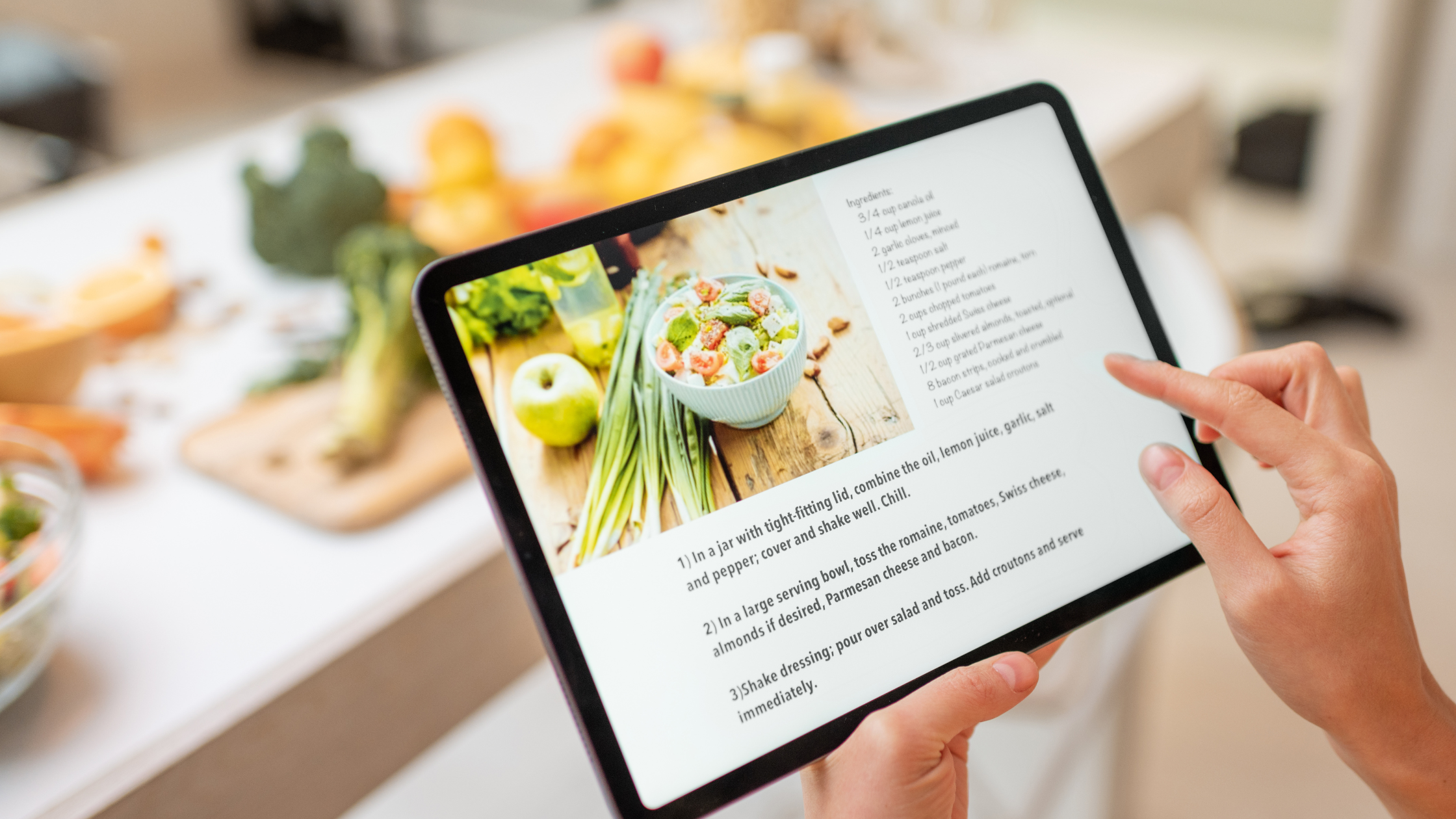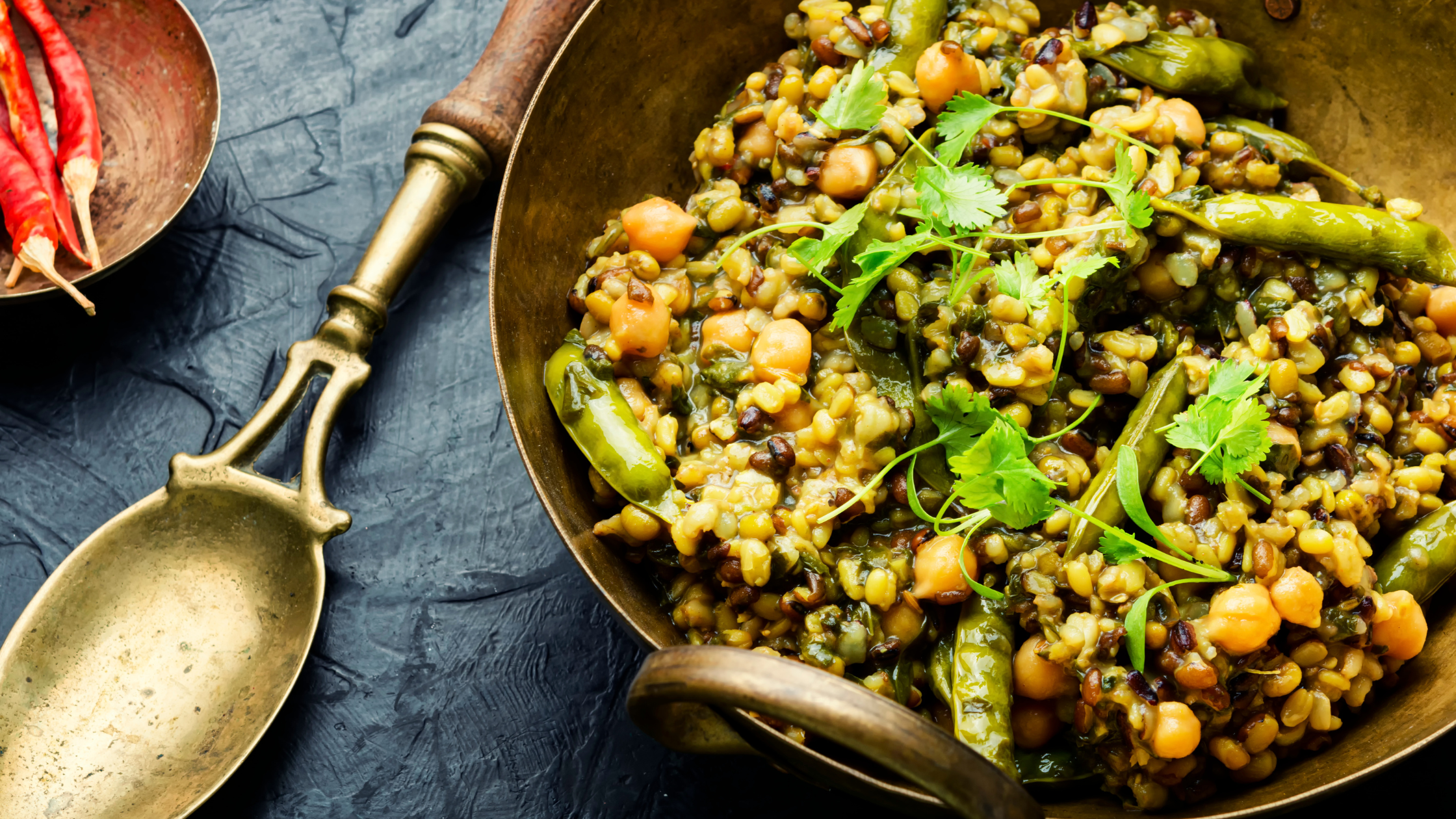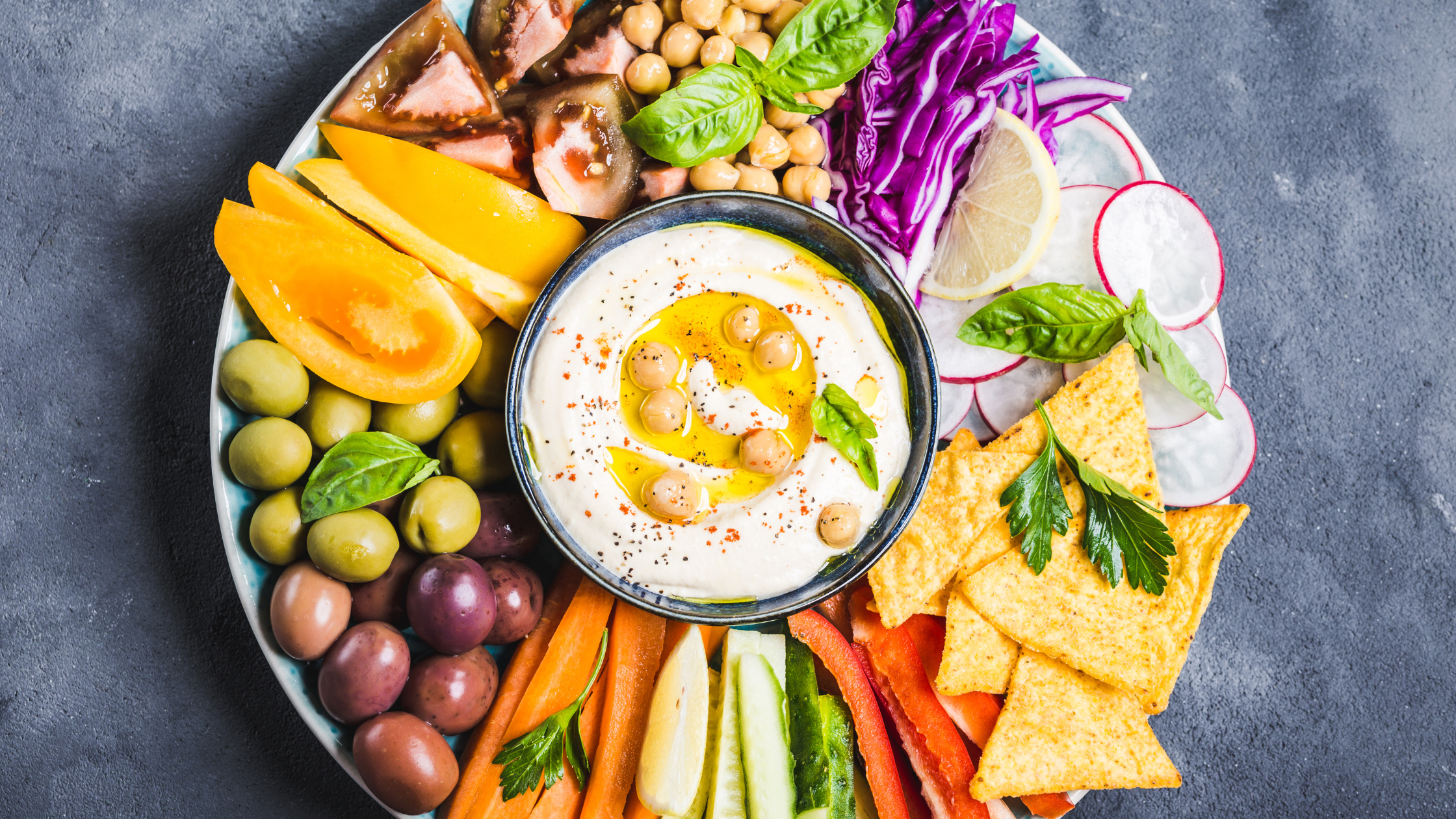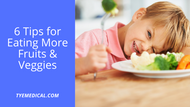6 Tips for Eating More Fruits and Veggies (Because You Probably Need to)
Written by TYE Medical on Jan 3rd 2024
Sure, fruits and veggies are good for you and eating more of them benefits your health. You’re aware of the nutritional benefits and probably endeavor to add a vegetable side to at least one of your daily meals. But deep down you know—it’s not enough. But finding the time and energy to address the problem can be daunting and tricky.
After all, nutrition has become complicated and many of the experts don’t agree with each other. You might think it’s beneficial to invest in dietary supplements. But that isn’t often the best solution to increasing vitamins and minerals in your diet. More recent studies have little evidence that dietary supplements are effective or a worthwhile substitute for the nutrients found in whole foods. For more information, check out our article, 4 Nutrient Deficiencies That Are More Common Than You Think.
If you want to boost your health, consider these 6 tips for eating more fruits and veggies.
Why Getting More Fruits and Vegetables Is Worth the Effort

It’s important at any age, but the older we get, the more prone we become to chronic disease, which makes adequate nutrition more critical. It’s also more difficult for your body to absorb iron as you age, and eating produce can help with this. Some research even links a higher intake of fruits and vegetables with a lower risk of cognitive decline and disorders like dementia. Some of these studies show significant results.
If you’re on board with eating more produce, you might be wondering exactly how far short you’re falling. According to the U.S. Dietary Guidelines, 4 ½ servings per day is recommended. Most often this is rounded up to 5 half-cup servings per day, a half-cup the equivalent of one you can fit comfortably in one cupped hand.
That’s all! It’s not an overwhelming amount, which means it doesn’t take much to contribute to good health. But sadly, most people don’t eat enough produce and consumption has declined during the last six years.
An additional tip: eat a variety of produce. Step outside your comfort zone and purchase vegetables and fruit that aren’t your go-to produce. Experiment with different types and buy some different varieties each week. This ensures that you’re getting a variety of nutrients types in your diet. And this is also good for gut health.
Tip #1: Add Fruits or Veggies to Main Dishes

If you’ve got a case of “vegetable boredom” (and who doesn’t), try incorporating some into dishes you already enjoy. Add some fruit to your morning yogurt or cereal or pancakes. If you pack a sandwich for lunch, add some extra veggies to it, like lettuce, tomato, onion, or even thin slices of cucumber (instead of pickle). You can dress up your favorite casserole when you stir in some greens like spinach or kale.
Even if you’re not going full-on vegetarian, plant-based cook books can help you learn how to incorporate more vegetables into your cooking. Try The Complete Plant-Based Cookbook for Beginners or How to Cook Everything Vegetarian.
Tip #2: Get Rid of Your Junk Food

If you stock up on produce but keep the junk food in your kitchen (or in your secret stash), you’re more likely to reach for the less-healthy options, especially when in a pinch. If you get rid of the more convenient or temporarily satisfying options, you’re essentially removing temptation and making it easier to make better choices.
Tip #3: Try New Produce

Next time you’re out at the grocery store pick up a vegetable or fruit you haven't tried before or haven’t eaten in a while. This is another way to push back against vegetable boredom. You can do a little research if you’re unfamiliar with a piece of produce. Find out what type of dishes it works well in and the best ways to cook it. For instance, parsnips often go great in soups or casserole dishes.
Also, remember to keep some canned and frozen varieties on hand for convenience. They are actually just as nutrient dense but be careful about consuming too much sodium or sugar. Canned fruit is often packed with added sugar, and canned vegetables are often loaded with added sodium. Lower sugar and lower sodium options are available.
Tip #4: Keep a List of Your Favorite Veggie-Packed Recipes

If you already have some favorites but need to expand your list, you can start with those. Then as you continue to try new recipes and vegetables, add them to the list. This can make meal planning quicker and less stressful as your list of recipes grows. Each week, choose three or four of these veggie-rich recipes to shop and prepare for. You can use apps to organize your list. Try Paprika or BigOven, which offer convenient ways to find, save, and organize your favorite recipes.
Tip #5: Cook Vegetarian Meals

Try a new vegetarian recipe each week and institute at least one meatless for each 7-day meal plan. Overall, eating meat isn’t a bad thing. We get nutrients and essential nutrition like protein and iron from assorted meats. But plant-based diets that minor in meat but don’t focus on it have been shown to lower the risk of cardiovascular disease and decrease the risk of death from other diseases. In other words, meat is fine to eat, but do we really need a double portion three times per day? Something to think about. And the internet is filled with plant-based recipes. Or try one of the books from tip #1.
Tip #6: Snack Differently

Try limiting your snacking to mostly produce. Instead of reaching for the chips (you threw those out anyway, right?), reach for a piece of fresh fruit or some dried fruit with no sugar added. Slice an apple and add nut butter, fresh veggie sticks and low fat dip, or baked tortilla chips and fresh salsa. Many grocery stores offer fresh salsa in their deli department, and major store brands now offer baked versions of your favorite snack.
For Your Health

It takes a bit of extra effort to purposefully include more produce in your diet. But when put into perspective, it’s a lot easier and less expensive than remaining deficient or trying other less effective methods for meeting your nutritional needs.
Start with a couple of these tips and continue to ramp up your efforts as you adjust to a new routine and a revived diet diet.


